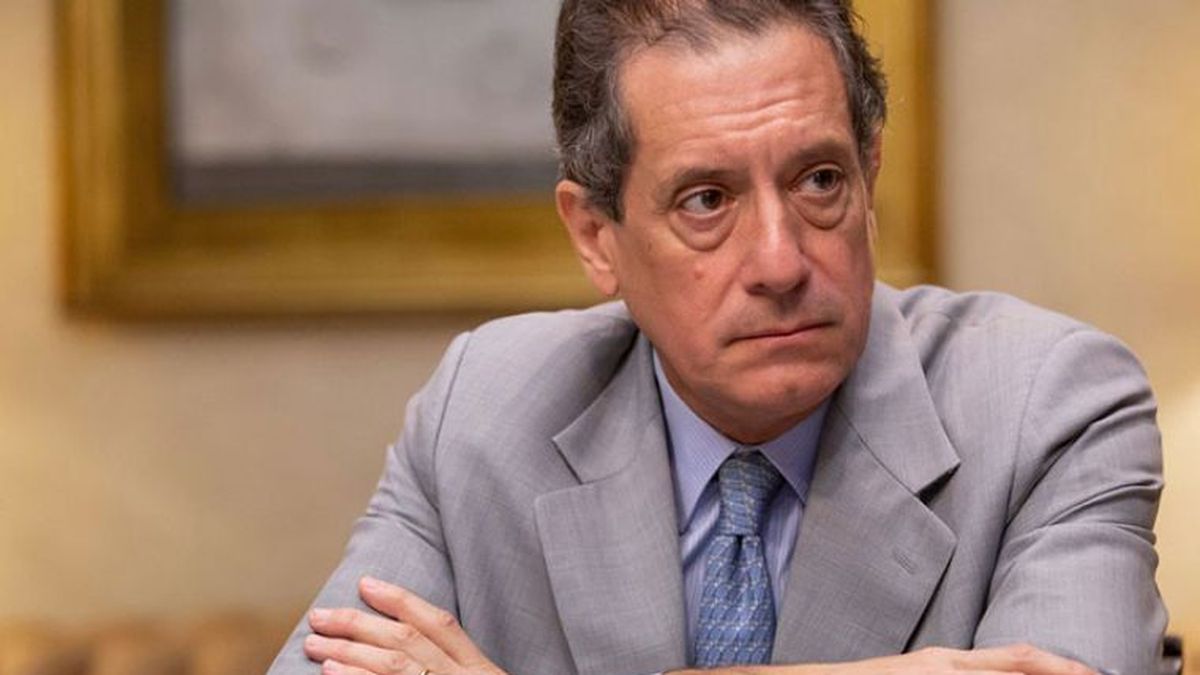“We are having bottlenecks in many mass consumption products,” the head of the monetary authority said this morning in statements to Radio 10, in which he evaluated the change of scenery that the Russian invasion of Ukraine meant, in particular due to the rise of the prices of the main commodities.
In that sense, he pointed out: “the increase in the price of fuel plays against us, at least until we can export the production of Vaca Muerta”, once the President Néstor Kirchner Gas Pipeline is operational.
“But the price of grains plays in our favor,” he compensated, adding that “the last account we have done is that we tied the effects” of the increases in the prices of exports and imports.
Pesce highlighted the elevated wheat price“which yesterday reached 475 dollars a ton, something never seen before”, and pointed out that these increases in the international prices of grains and oilseeds “are going to impact our consumption basket” and, consequently, “we must work hard and intelligence” to neutralize the transfer to domestic prices.
These risks, he considered, could be remedied as soon as the agreement with the IMF is closed, since it will allow companies that in these circumstances resort to rebranding “change their attitude, stop reacting by prices and start reacting by investing and increasing the production”.
In another order, Pesce valued the “important liquidation of currencies” that took place yesterday, for which the Central Bank had a favorable balance of some US$300 million in its intervention in the market.
In the first semester, a seasonally unfavorable period for reserve accumulationthe balance of the BCRA was “negative, but less than expected”, while March “comes with a positive sign from the beginning”, he rescued.
In this context, he argued that the goal of increasing reserves by some US$15 billion in a period of three years it is “perfectly achievable”, based on the agreement with the IMF.
“It would be very difficult to accumulate reserves when there are two impossible maturities ahead,” he said, referring to the US$19 billion this year and a similar amount for 2023 that the Argentina would have had to disburse if the understanding had not been sealed with the multilateral credit organization.
In this regard, in a reiteration of the criticisms raised against the agreement signed in 2018 by the administration of then President Mauricio Macri, Pesce indicated that “it is very difficult for someone to lend to a country with balance of payments problems with the institution created to solve them. “.
Source: Ambito
David William is a talented author who has made a name for himself in the world of writing. He is a professional author who writes on a wide range of topics, from general interest to opinion news. David is currently working as a writer at 24 hours worlds where he brings his unique perspective and in-depth research to his articles, making them both informative and engaging.




